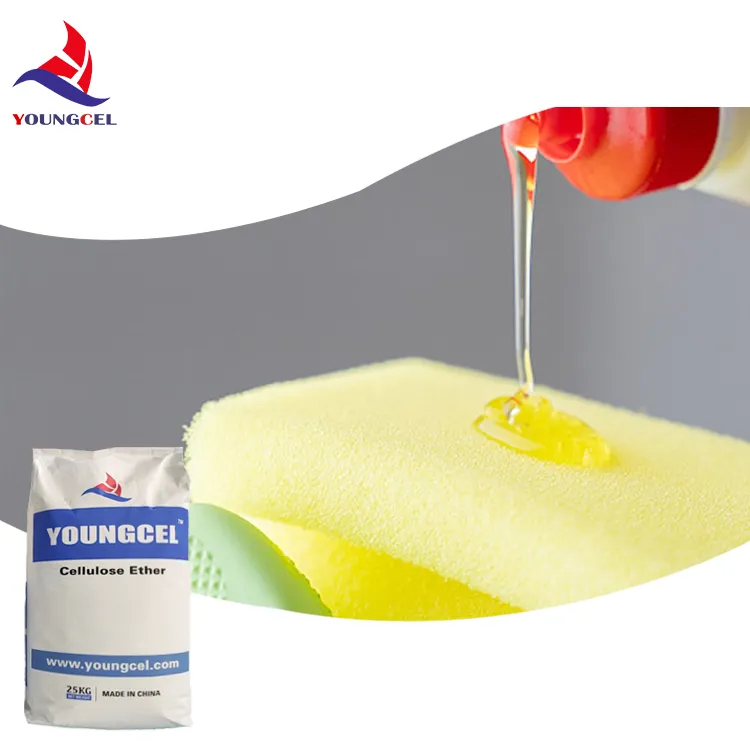Coating Additives Enhancing Performance and Functionality
In the realm of coatings, additives play a crucial role in enhancing the performance, aesthetic qualities, and functional properties of various paint and coating systems. These chemical agents can significantly alter the characteristics of the final product, making them indispensable in industries ranging from automotive to electronics, architecture, and furniture. By understanding the different types of coating additives and their respective functions, manufacturers can tailor their products to meet specific demands and quality standards.
The Role of Coating Additives
Coating additives serve multiple purposes in formulations. They can modify the viscosity, enhance stability, improve adhesion, boost durability, and provide additional features such as anti-fungal and anti-corrosive properties. The incorporation of additives into coatings not only enhances the performance but also increases the lifespan of the coated surfaces, making them more resistant to environmental stressors.
1. Types of Coating Additives - Dispersing Agents These additives help to evenly distribute pigments and fillers throughout the paint or coating. This uniformity is crucial for achieving consistent color and opacity while preventing issues such as sedimentation. - Wetting Agents They lower the surface tension of the coating, ensuring better interaction with the substrate. This results in improved adhesion and ultimately leads to higher-quality finishes. - Surfactants Surfactants improve the stability of coatings by preventing the formation of bubbles and promoting a smooth application. They are particularly essential in water-based coatings. - Thickeners These additives adjust viscosity, ensuring that coatings can be applied easily while maintaining the desired thickness. They can also prevent sagging during application. - Biocides To protect coatings from mildew, mold, and bacteria, biocides are added, especially in environments with high humidity or where bio-growth is a concern. - UV Stabilizers These additives provide protection against ultraviolet radiation, helping to preserve the color and integrity of the coating over time. - Flow and Levelling Agents These additives help achieve a smooth finish by reducing surface irregularities during the drying process.
coating additives

2. Selecting the Right Additives The choice of coating additives depends on several factors, including the type of coating system being used, the intended substrate, and environmental conditions. Manufacturers often conduct extensive testing to assess compatibility, performance, and the impact on the overall properties of the final product.
3. Environmental Considerations As environmental concerns grow, there is an increasing demand for eco-friendly additives. The coatings industry is moving towards the use of bio-based additives and those that are free from volatile organic compounds (VOCs). This shift not only meets regulatory requirements but also appeals to a more environmentally conscious consumer base.
4. Innovations in Coating Additives The development of smart additives is one of the exciting trends in the coatings industry. These additives can respond to environmental changes, providing features like self-healing properties, anti-fogging capabilities, and even color-changing effects. These innovations are particularly valuable in automotive and aerospace applications, where performance is critical.
Conclusion
Coating additives are vital components that significantly impact the functionality and performance of coatings. By carefully selecting and incorporating the right additives, manufacturers can enhance durability, aesthetics, and environmental resistance in their products. As the industry continues to evolve, the future of coating additives lies in innovation and sustainability, paving the way for high-performance coatings that cater to ever-changing consumer and environmental needs. Whether in industrial settings, commercial applications, or decorative purposes, understanding the role and importance of coating additives can help manufacturers produce superior coatings that stand the test of time.
-
A Comprehensive Guide to Methyl Ethyl Hydroxyethyl Cellulose: Applications and Industry InsightsNewsNov.24,2025
-
Understanding Methyl 2 Hydroxyethyl Cellulose: Uses, Benefits & Industry InsightsNewsNov.24,2025
-
Hydroxyethyl Methyl Cellulose HEMC: Industrial Uses, Benefits & Future TrendsNewsNov.23,2025
-
HEMC Cellulose: Versatile & Sustainable Industrial Polymer | YoungcelNewsNov.23,2025
-
Methyl Hydroxyethyl Cellulose: Versatile Building Block for Industry & SustainabilityNewsNov.23,2025
-
CAS 9032 42 2: Understanding Polyvinyl Alcohol's Impact on Industry & SustainabilityNewsNov.22,2025




